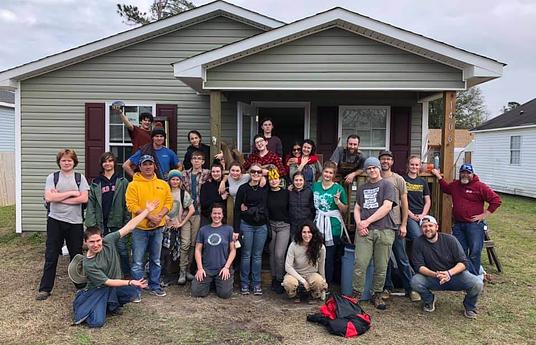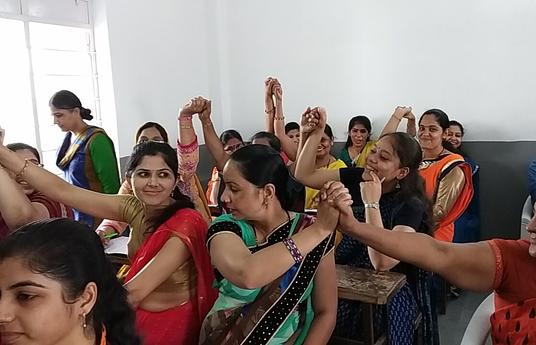The Royal Academy and HundrED announce the launch of the spotlight on “Holistic Education in Bhutan and South East Asia” to identify and promote educational innovations which facilitate holistic development in learners and communities. For this Spotlight, we are looking for innovations from the following countries: Bhutan, Brunei, Burma (Myanmar), Cambodia, Timor-Leste, Indonesia, Laos, Malaysia, Philippines, Singapore, Thailand, Vietnam, India, Nepal, and Bangladesh.
Around the globe, most education systems focus almost exclusively on academic achievement, often neglecting the skills and qualities required to become constructive, contributory members of communities. Schooling is perceived as an end in itself, rather than a means for helping people learn how to learn, develop mutualistic relationships, and evolve in coherence with nature to create a more just and harmonious society. Static, standardized, content-based curricula cannot be responsive to the needs and aspirations of communities within their ever-changing circumstances and tends to flatten rather than enhance particular cultures.
Holistic education exists within a different educational paradigm and redresses many of these issues, as it develops a whole person in the context of their community and environment. Holistic education is commonly understood as an approach to developing a whole person, balancing cultivation of all aspects including the intellectual or cerebral, physical, emotional, social, and aesthetic or spiritual. Rather than rooting in any particular ideology, such an approach stems from the belief that education should help people become more free and integrated internally and within nature. It tends to encourage open enquiry, an understanding of interdependence, respect for all life, and connection with nature. Holistic education is generally oriented toward an individual's self-actualization of innate potential through the development of self-knowledge and awareness, in line with Gautama Buddha's advice to "be a lamp unto yourself" (Mahaparinibbana Sutta, Digha Nikaya: 16). Holistic education also extends beyond individual realization to include the actualisation of a community's potential, which becomes possible when individuals are contributing constructively as citizens.
While attempts have been made worldwide to develop holistic education systems, few have proven scalable. The predominant systems rely on schooling for academic attainment, even at the expense of other aspects of development and the wellbeing of learners and communities. The need to look at the role of Education in helping the learners develop holistically is crucial. OECD Learning Compass 2030 also outlines the aspiration for holistic education.
Through this spotlight, The Royal Academy and HundrED hope to enrich the conversation about the role of education in promoting a more just and harmonious society and give communities constructive effective tools for driving their own development.
The deadline to submit an innovation is June 6th, 2021. Visit the Holistic Education Spotlight Page to learn more and submit your solution to Holistic Education
ABOUT THE ROYAL ACADEMY
The Royal Academy draws its vision from His Majesty the King of Bhutan and is a testament to His Majesty’s recognition of the critical role of education in enriching the lives of our people and society. The Royal Academy consists of three closely linked centres: The Education Research Centre, The School and The Teacher Development Centre. The guiding philosophy of the Royal Academy focuses on the holistic development of individuals to help them actualise their innate potential across all areas of development— cerebral, physical, social, emotional, and spiritual and enables each individual to become exceptional leaders and good human beings. Emphasis is placed on the development of character that fosters fundamental values such as honesty, integrity, teamwork, generosity and compassion in learners in addition to high academic achievement. Through this approach, The Royal Academy promotes a culture of excellence in all aspects of life. For more information, please visit www.academy.bt.



